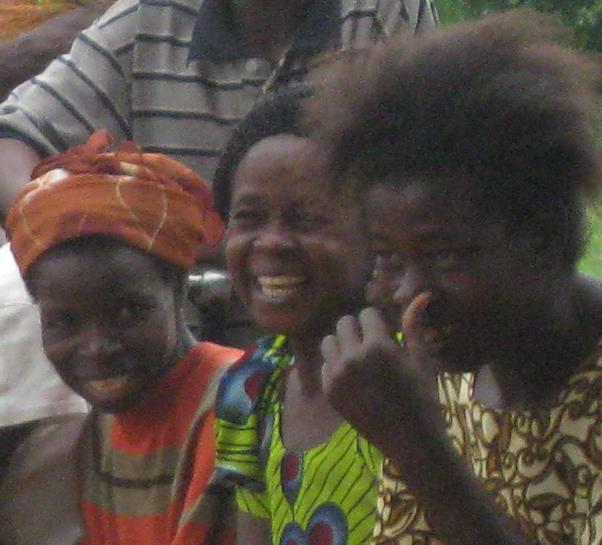African Tourism projects: great potential or white elephants?
 Not too many people are aware that Ghana has a very good game park, called Mole National Park, about two hours drive from Tamale in the north, which is in turn a short flight from Accra.
Like many other African governments, Ghana's government has high hopes for earnings from tourism. Will it happen?
Not too many people are aware that Ghana has a very good game park, called Mole National Park, about two hours drive from Tamale in the north, which is in turn a short flight from Accra.
Like many other African governments, Ghana's government has high hopes for earnings from tourism. Will it happen?
You can sign me up as a zealous booster of Ghana tourism. Mole National Park alone is amazing, as I hope some of these amateur photos convey.The scene from the ridge on which the hotel sits was breathtaking and full of game.
And we haven't even gotten to Ghana's more famous attractions, like Elmina Castle, or even its famously welcoming and courteous citizenry, or just traveling about anywhere in Ghana. My message is unambiguous: come to Ghana!
Unfortunately, not all tourists base their choice of destinations on my recommendations. The prima donnas among the tourist set are going to complain about the not-quite-luxury-class hotel at Mole, or the teeth-chattering ride over an unpaved road from Tamale. Or maybe they will still be whining about the hassles of getting a visa. Some of them might have been a little put off by the welcome sign at the airport, whose principle message seems to be that pedophiles should surrender to the police immediately. (I of course sympathize with whatever problem led to this sign, but calling the visitors perverts is not the conventional way to attract tourists.)
This is the problem with trying to make tourism a major source of revenue. You have to keep the spoiled brats happy from the moment they enter to the day they depart. This chain is only as strong as its weakest link: one bad experience and it scares off the tourist masses. It seems that a lot of tourism projects do not appreciate these realities. The successful large scale tourist earners create at least a welcoming airtight enclave like Cancun. This is asking a lot of a poor country, to make everything fully functional for visitors when even making the basic health system work is a (higher priority) struggle.
Plan B is to attract at least the true travelers, to whom a hitch in the road is material for an entertaining story to tell their friends, not something to ruin your vacation. Ghana is already doing this with some success and could conceivably do more (the hotel at Mole, while not large, was at least full to capacity in mid-July). I don't know how large the traveler market is compared with the mass tourism market, but a rigorous survey of my family, friends, and acquaintances suggests it's non-trivial. Perhaps somebody has already done a study of these various tourist market segments (anybody know?) Bottom line is that I think Ghana does have considerable upside potential, but not at Cancun scale. And maybe they should take down the pedophile sign.
 From Aid to Equality
From Aid to Equality







